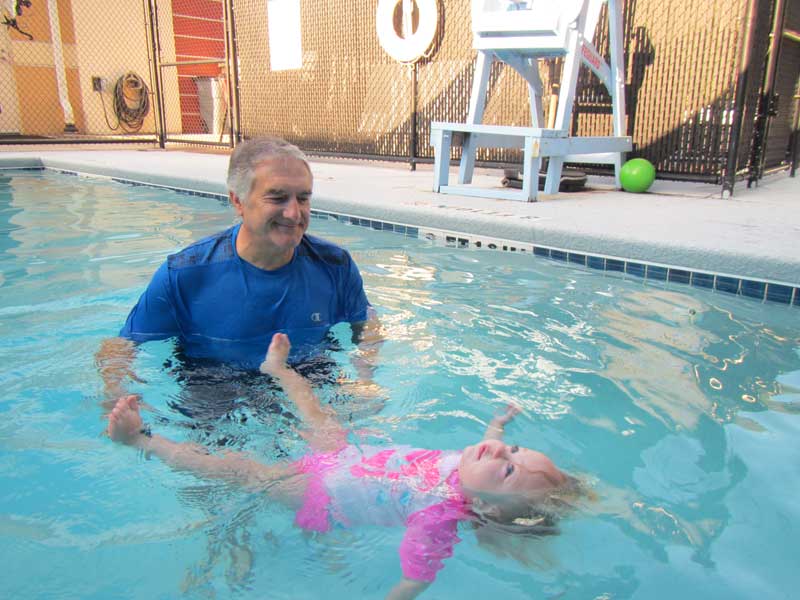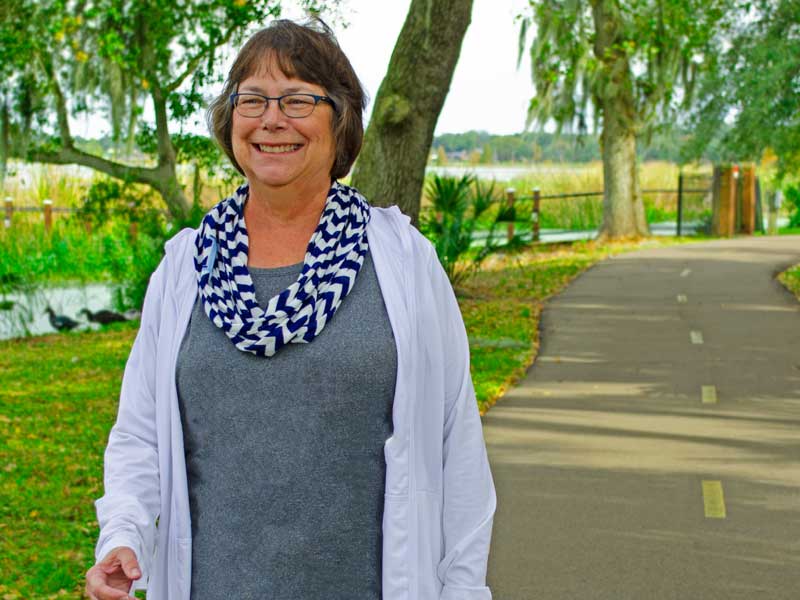
Health News
Features
-
Local Mother Achieves Degree Despite Health Challenges
by TERESA SCHIFFER Britainny Palmer may look like an ordinary mother, but she struggles with health issues that few have. Despite the obstacles created by her own body, she has managed to attain a bachelor’s degree in supervision and management recently from Polk State College. It wasn’t an easy task, but with perseverance and a…
-
Tom Grothouse Working Passionately to Educate, Prevent Pediatric Drownings
by Mary Toothman Tom Grothouse worked in the fields of education and airlines much of his life, but his most recent years have been spent teaching children life-saving skills that prevent drowning. He seems to have found his niche. The Winter Haven resident is passionate about being an Infant Swimming Resource (ISR) instructor. With its…
-
Finding the Right Plan and Support System Aids Local Weight Loss Stories
by Teresa Schiffer When it comes to health and fitness, the journey is just as important as the destination. Knowing what your goals are and developing a real plan of action for achieving them is the first step on that journey. That’s what these two individuals have done, and they’re sharing their stories. From the…
Columns
-
Kybella Injections Target Fat in Chin, Neck
If you’re self-conscious about the appearance of your chin and neck area, Kybella might be for you. Kybella is the commercial name for deoxycholic acid, a product that kills fat cells. This acid actually already exists in our bodies, just in the digestive system. It breaks down fats so they’re more easily digested. It can…
-
What is Bell’s Palsy?
By: Edward Attaway, O.D. Bell’s Palsy is a condition in which one side of the face typically experiences temporary paralysis, often lasting from 3-6 months. It results from a dysfunction of the 7th cranial nerve, also referred to as the facial nerve, which controls the muscles on the side of your face. Affected muscles include…
-
When Do You Visit the Doctor for Hives?
Hives are itchy patches of skin that turn into swollen, itchy welts. They can vary in size. Chronic hives are defined as hives that last for more than six weeks and return over the course of months or years. The cause of chronic hives is often unknown. These welts are caused by some reaction that…




